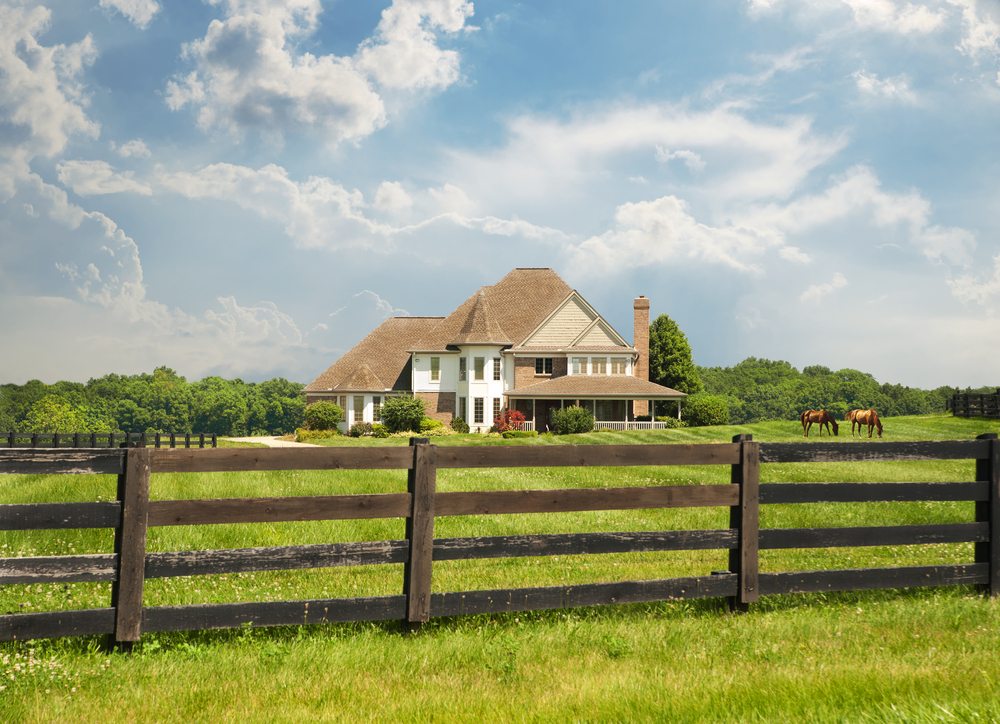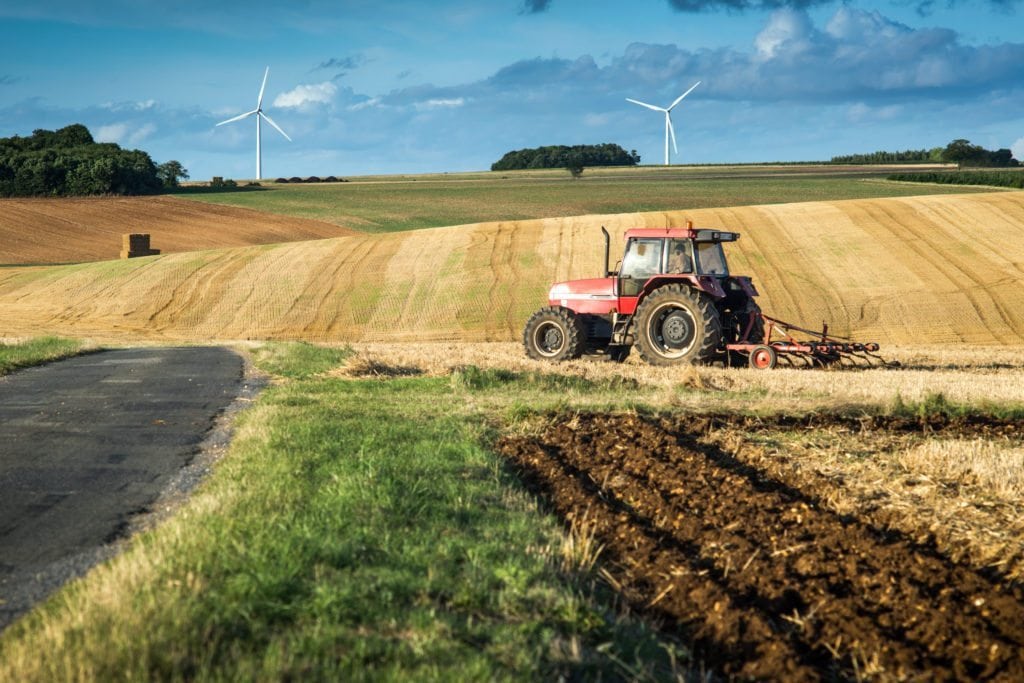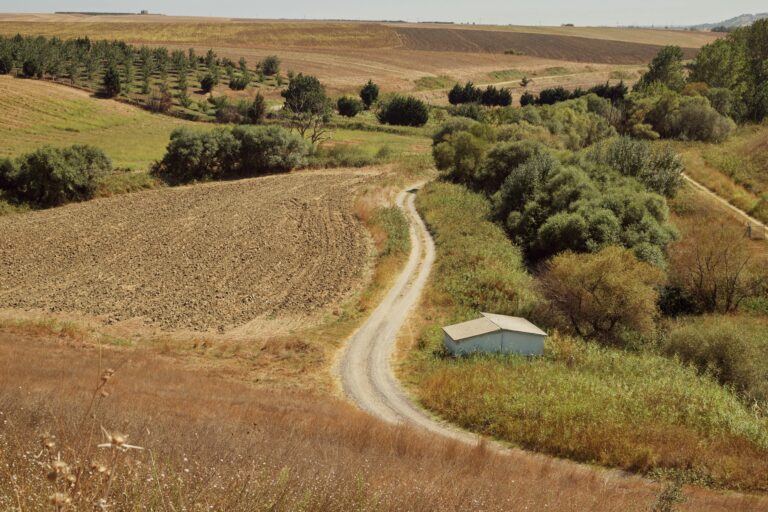Written by Mary Jane Robinson, CPA
The decision to own ranch property may be a lifelong dream. It can be related to changes that result in a slower paced lifestyle. The decision may be to have a second family home. No matter the driving force related to the “why” of a real property purchase, the tax ramifications should be considered prior to making a property selection and, ultimately, a contract for purchase. The intent of this article is to provide information to consider from a tax perspective when making the decision to acquire real estate to be treated as a farm or ranch. This article is not intended to provide tax advice for specific transactions. It is important that each transaction be reviewed by your tax advisor taking into account each individual’s specific tax situation.
It is important to specify HOW the investment property is going to be utilized to determine the tax implications of the purchase.
The applicable tax treatment of a farm/ranch is determined by how the owner intends to use the property. Many owners of farm and ranch property will indicate the property is an investment. It is important to specify HOW the investment property is going to be utilized to determine the tax implications of the purchase. This will help determine the income tax reporting for the property. Does the property have a residence the owner will use? Is the property going to be treated as a second home? Will the property have farming or ranching activities? Will the owner be able to document his level of participation in the farm and ranching activities? Does the owner plan to rent the property to tenants for agriculture business activities? The owners’ answers to these and many other questions can influence the type of property and possible income tax advantages available.
IS THE PROPERTY A PERSONAL RESIDENCE?
Many individuals have multiple homes in various locations. Currently, the IRS allows individuals to deduct the mortgage interest related to a primary residence and a second personal residence, before any limitations to itemized deductions. To be fully deductible, the total acquisition debt on the primary and second home cannot exceed $1 million. If the taxpayer’s total acquisition debt exceeds $1 million, the mortgage interest deduction attributable to the debt greater than $1 million is disallowed. Property tax deductions have no maximum limit, except for the current overall limitation on Schedule A itemized deductions for certain taxpayers. It is important to be aware that property taxes are treated as a tax preference item for Alternative Minimum Tax (AMT). If the taxpayer is subject to AMT, the tax benefit related to the property taxes will be reduced. For smaller acre land acquisitions with no farming activities, treating the property as a second residence may produce attractive tax deductions.
Owners of more than two personal residences may want to review which home should be treated as a second residence. Any mortgage interest attributable to other property not treated as the primary or second residence should be treated as investment interest and would be subject to the investment interest limitations which are outside of the scope of this article.
IS THE PROPERTY A WORKING RANCH/FARM?
A working ranch or farm has important tax implications. Will the property have tenants or will the ranch activities be overseen by the owner? Often the property becomes “mixed use” – (1) partly personal residence (either primary or second residence) and (2) farm/ranch activity. The land becomes a rental property if tenants will be paying rent for use of the property. An allocation of expenses between the ranch/farming rental and the personal residence should be calculated. The result is the expenses related to the land rental are deductible and the expenses related to the personal residence, except mortgage interest and taxes, are not deductible. The IRC Section 469 rental passive loss limitations should be considered related to farm rental activities.
If the owner plans to actively oversee the farming/ranching activities, the property would likely be treated as a working ranch. As a working ranch, an allocation of the property purchase price would be allocated between the land and the improvements located on the property. Depreciation deductions would be computed based upon the purchase price allocation to the property components. Examples of farm/ranch components eligible for depreciation deductions are fences, roads, equipment, barns and other structures, and livestock (if included in the purchase). The IRS has prescribed depreciable lives and methods that must be followed to calculate depreciation deductions. Any subsequent equipment or livestock purchased can also be depreciated. It is important to note that any purchase price allocated to the land and home used as a personal residence on the property would not be eligible for depreciation.
The purchase price allocation is important when purchasing a working farm/ranch. The allocation can be determined several ways.
- Have a formal cost segregation study prepared by an experienced professional. A cost segregation study is an added cost to the purchase price, but would provide a defense in the event the IRS questioned the purchase price allocation to the components of the property.
- Have a formal appraisal prepared. The owner incurs appraisal costs in this option.
- Specify the purchase price allocation to the components in the sales purchase documents.
- More commonly the purchase price is a lump sum amount for the “land and improvements located thereon”. In this case, the purchaser bears the burden of allocating the purchase price to the land and other components absent a cost segregation study or formal appraisal. The owner can use various extemporaneous records such as property tax values and other estimates can be used to determine the purchase price allocation.
- Depreciation reduces the owner’s cost basis for purposes of determining gain or loss on a future sale or a sale treated as a like-kind exchange. Additionally, the depreciation deductions may be required to be “recaptured” as ordinary income at the time of a future sale or like-kind exchange. The amount of depreciation recapture will depend on (1) the sales price, (2) the property basis adjusted for depreciation deductions, and (3) allocation of the sales price to the components at the time of the sale.
- The purchase price allocation can also be useful to allocate debt between the personal residence and the farm/ranching activity. By allocating debt to the land and farm/ranch components versus the residence, the owner might be able to avoid the limitation of mortgage interest deductions for debt greater than $1 million (as discussed above).
Farm/ranch activity tax reporting is usually on Form 4835 or Schedule F depending on specific tax criteria. Assuming the taxpayer is not subject to the passive activity limitations under IRC Section 469, the income or loss from these forms is reported on Form 1040, Page 1 and is used to reduce the taxpayer’s adjusted gross income.
IS THE PROPERTY A HOBBY ACTIVITY?
It is important for the farm/ranch activity to be respected as a business activity. If the IRS challenges the owner about the business activity, the IRS can disallow deductions and assert the farm/ranch is a hobby and not a business. Examples of activities that support a business activity are (1) maintain books and records for transactions in a separate ranch account, (2) perform activities on the property that a prudent business person would perform, (3) participate in farm/ranch organizations and (4) document improvements and capital expenditures that increase the value of the property. The statutory exception to avoid the hobby loss rules requires the property show a profit in 2 of 5 years. This is a statutory exception and is not an ultimate requirement. Reporting income from a farm/ranch can be difficult depending upon cattle sales or crops produced and the level of mortgage debt, property taxes, other expenses and depreciation. By maintaining documentation of the business activities, the owner will be ready to defend the tax deductions if the IRS challenges the business activity and attempts to disallow deductions under the hobby loss rules.
CONCLUSION
An individual contemplating the purchase of farm/ranch property should consider various aspects of the property. The property’s classification is important. Is it a (1) primary or second home or (2) a working ranch/farm? The decision to have rental tenants or take active management of the property should be considered. Lastly, being aware of the hobby loss rules will help avoid possible disallowance of valuable deductions. The additional tax reporting of the farm/ranch activity and any assistance related to accounting and allocation of expenses will likely increase the complexity and professional fees required to prepare the owner’s tax filings. However, if the owner does their homework and consults with knowledgeable professionals, the owner can obtain income tax advantages related to the property that can provide significant tax savings.
This article was first published in the Summer 2013 Issue of Lands of Texas Magazine, one of our print publications. Subscribe here today!






